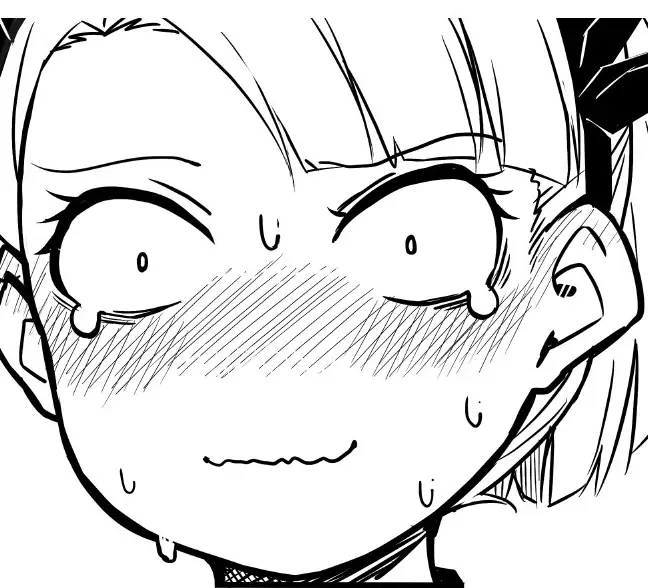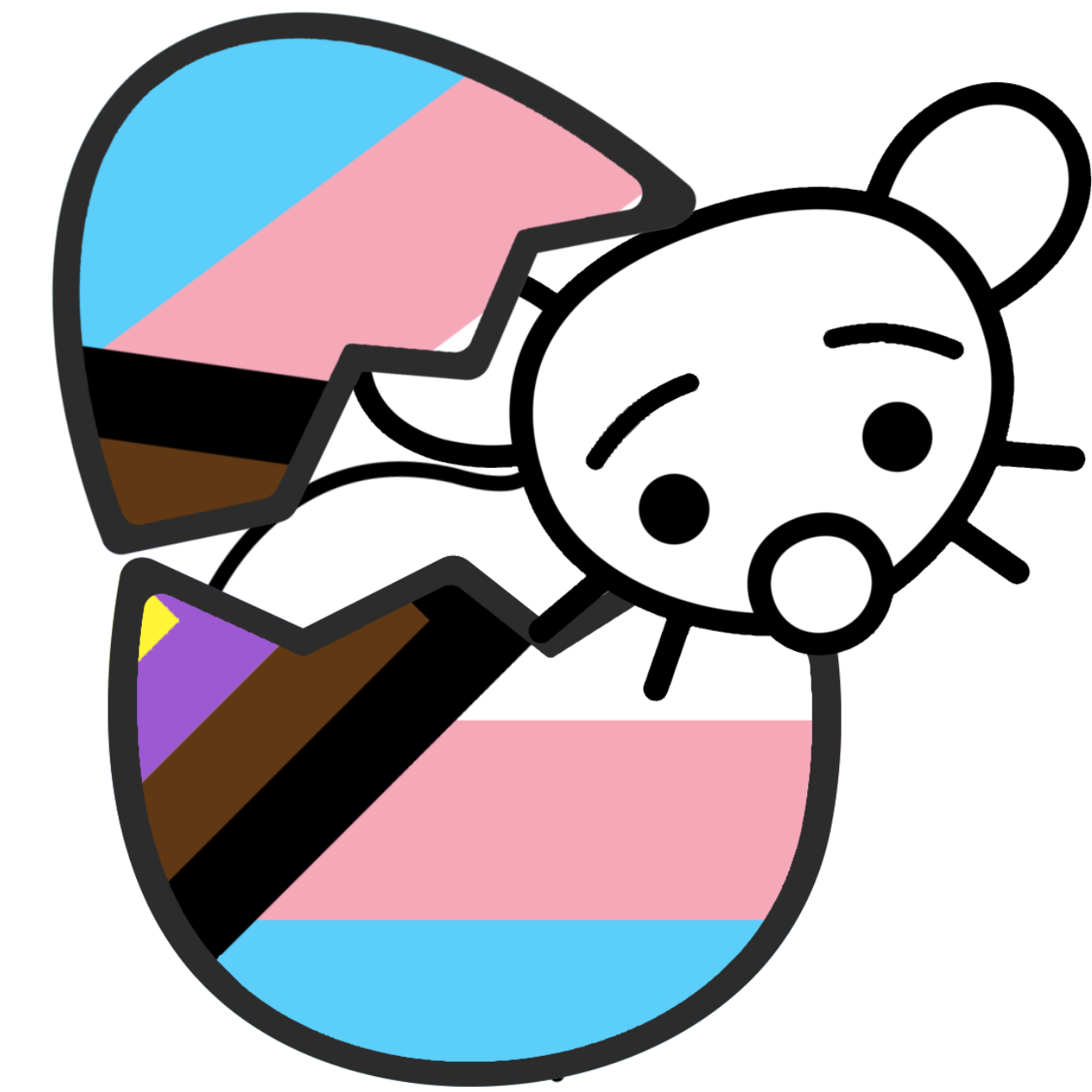

It’s not that deep. The artist just drew the self insert character as a woman because she’s a woman, while she drew herself messing up because her humor is self deprecating. It’s not like a trans artist is trying to cover for AI or capitalists.
I swear I’m not Jessica
blahaj.zone account for @TotallynotJessica@lemmy.world


It’s not that deep. The artist just drew the self insert character as a woman because she’s a woman, while she drew herself messing up because her humor is self deprecating. It’s not like a trans artist is trying to cover for AI or capitalists.


It’s the artist’s oc


and a gf like Tong Tong





Based. I can’t stand certain lactose intolerant people either (myself)
I fucking love “Transgender for everyone!” because it’s such vague nonsense that could mean anything from forcibly transing all cis people to trans affirmation being available to everyone who wants it.
Satan is a bit of a dick in that movie
I’ll never worship or explicitly follow any religion because a divinity that aligns with my morality won’t care that I don’t pay fealty.
THE GREATER GOOD
Has there been something new in this goofy ass saga that won’t do a damn thing to unseat a king untethered from the popular will?


virtual particles be like
no, it’s been long enough and America only used it as an excuse for terrible things
As far as I know, pedophilia has not been classified as a mental disorder and is not recognized as such by any major health organization. It’s more likely to be a criminology classification like psychopathy.
Copper golems are slow and only really useful early game, as they max out at 10 chests. The only genuinely useful inventory management feature they’ve added in years is the bundle, and it was locked behind niche materials until recently.
aka, pedos trying to pretend it’s not as bad when they abuse minors


It might not, but it certainly can…
You’re not wrong, but you still don’t need to feel guilty about actual theft either.


estrogen does have magical properties ƪ(˘⌣˘)ʃ
sounds like it 😔